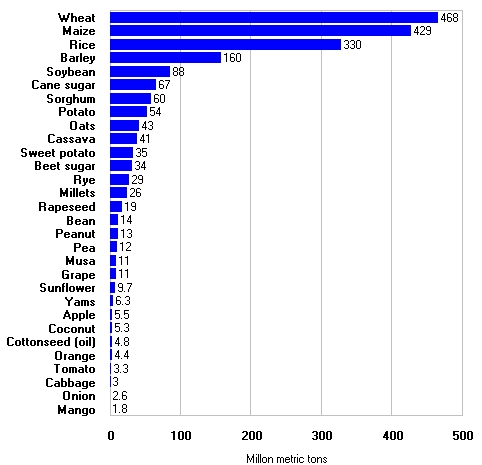I’m migrating over to a Thinkpad T61, having last moved to a T41 in March 2005. Since research is core to my personal development, I’ve been diligent about preserving my digital files. My laptop stores documents created on a personal computer as early as 1994, with an archive of documents converted from mainframe files back to 1991. Thus, to move over to a new computer, it’s taken three days (and nights) to transfer:
- 12.5 GB of work-related e-mail and databases (i.e. Lotus Notes e-mail plus local document-sharing replicas);
- 8.6 GB as 19,000 work-related flat files (i.e. documents and presentations, mostly created in Microsoft Word, Microsoft Powerpoint and Adobe Acrobat);
- 346 MB as 4900 work-related modeling files (i.e. created in Rational Software Modeler or Websphere Business Modeler, with a lot of XML);
- 1.2 GB of personal productivity files (i.e. browser profiles and plugins for Firefox and Flock, personal e-mail in Thunderbird, personal diary in Sunbird, and blog feeds in FeedDemon);
- 9.6 GB of streaming media (i.e. temporary storage for MP3 audio that I’ve recorded and haven’t published to a web site yet, and lectures/interviews to be downloaded for listening to my MP3 player);
- 756 MB of digital photographs archived on other servers, but yet to be blogged (or not); and
- 2.4 GB of working files to maintain my multiple web sites (to speed up recovery if an irreversible crash ever happens).
There must be thousands of IBM employees annually who upgrade from one computer to a replacement.… Read more (in a new tab)



